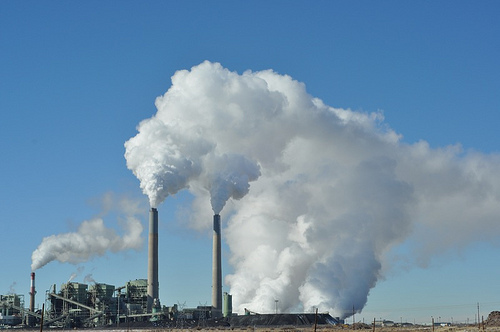The Center for Progressive Reform—among of the most pro-regulatory organizations you’ll find in Washington—isn’t pleased with Obama’s announcement on Tuesday that the administration plans to overhaul existing regulations and evaluate pending rules with an eye toward being more business-friendly. The group takes particular issue with his pledge in Wall Street Journal ope-ed “to review outdated regulations that stifle job creation and make our economy less competitive.”
“By casting the discussion in those terms, the President swallows the GOP’s frame for the debate hook, line, and sinker,” writes CPR president Rena Steinzor, a professor of law at the University of Maryland, in their blog. She argues that the president is moving “to the right” on regulation, as this executive order and the op-ed indicate. This move could have particular consequences for environmental and health rules from federal agencies, many of which are already under attack from foes of regulation.
In Obama’s op-ed and in the administration’s remarks, they point to saccharin, which though cleared by the Food and Drug Adminstration was considered a hazardous substance by the EPA until last December 2010, as an example of an unnecessary reg that they have already done away with. But as Steinzor notes, that rule wasn’t costing jobs or burdening the economy; it’s a rather trivial example that neither jibes with the stated reasons behind the administration’s overhaul nor gets at the heart of the kind of rules that corporations and anti-regulatory politicians want to see thrown out. Steinzor argues that the adminstration’s initiative could have insidious impacts:
Forcing beleaguered agencies to “look back” and find more saccharin examples will have real costs, though, because they are already pushed to their limits by funding shortfalls that give them, in many cases, the same budgets in real dollars as they had in the mid-1980’s, when the White House also was hounding them to control themselves. Does the President really intend regulators to freeze-frame efforts to solve public health crises that abound all around them so that they can engage in a draining search to placate companies already rushing to Republicans in Congress with regulatory “hit lists”?
What the foes of regulation are gunning for are rules like those the EPA is currently undertaking on planet-warming emissions—much more complicated, far-reaching, and important than a sugar substitute. Perhaps it’s heartening, then, that Obama explicitly lists the administrations work on greenhouse gas emissions from automobiles as a “victory,” and heralds the Clean Air Act as “common sense rules of the road that strengthen our country without unduly interfering with the pursuit of progress and the growth of our economy.”
It’s clear, though, that the administration is going to be on defense on the new EPA regulations —and adopting the mantra of its adversaries isn’t likely to help them on that front.








